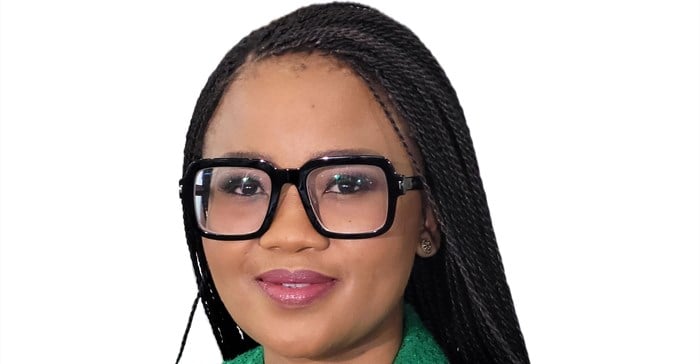The Energy and Water Sector Education and Training Authority (Ewseta) is launching specialised training programmes in renewable energy and water resource management to equip South Africans with the skills needed for the growing green economy.

Ewseta chief executive officer, Mpho Mookapele
This initiative comes amid concerns about the "green skills gap" - the lack of individuals with the necessary skills to fill jobs in the clean energy sector.
A recent report by LinkedIn found that only 1 in 8 workers globally possess one or more green skills, while the International Energy Agency (IEA) reports that 4.7 million more people were employed in clean energy globally in 2022 compared to 2019.
"We don't want to leave South Africa's young people and workforce behind," said CEO Mpho Mookapele. "It's crucial for businesses to share their skills plans with us so we can train individuals accordingly."
Melanie Riches 17 Jul 2023 The new programmes will offer training in water works management, solar panel installation, wind turbine maintenance, and other green energy solutions. Ewseta is collaborating with government and private entities to fast-track these initiatives, aiming to upskill and reskill employees to meet the evolving needs of the energy and water sectors.
This approach emphasises collaboration between training institutions, businesses, and government agencies to ensure that the workforce has the skills needed for a sustainable future.
Mookapele's call for businesses to share their skills plans further strengthens this collaborative approach, ensuring that the training programs directly address the specific needs of the industry.
Closing the green skills gap
The initiative is a positive step towards closing the green skills gap and ensuring that South Africa has a workforce equipped to thrive in the rapidly growing clean energy sector.
In the rapidly evolving energy sector, Ewseta currently develops qualifications that will respond to the gaps in the curriculum. The skills programmes that will be introduced include wind turbine operation, biogas installation, microgrid and battery energy storage operation, solar PV manufacture, design, and installation.
Mookapele said, “When the sector needs certain skills, we are committed to working together with industry to build these capabilities. Ultimately, we exist to ensure industries are successful."
We aim to move with agility to ensure that these programmes and qualifications are concluded and submitted for registration with OCTO and SAQA
Due to the boom in the photovoltaic sector, because of more people going solar, the SETA is also currently working with industry to ensure that minimum skills requirements are mandated for the PV Green Card training.
The South African PV Green Card is a quality assurance standard for solar PV installers, and it is hoped that these minimum requirements will mitigate against substandard installations.
Retrofit TVET workshops
The Ewseta is looking for partners that will enable retrofitting technical workshops for TVET colleges, to ensure that they are responding to the tech developments in the industry.
In the water sector, the Ewseta partners with water boards, municipalities, and private industries to develop water-related qualifications that aim to address the challenges around clean drinking water and wastewater treatment plants.
In response to the evolving water landscape, a Water Works Management NQF 6 qualification has been registered. Ewseta is in the process of developing a Water Resource Management qualification at NQF level 8 and a skills programme for a Water Conservation Practitioner.
Advances in water treatment processes will necessitate the development of qualifications that will respond to the future treatment landscape.
These future technologies include biological water treatment and smart water grids, amongst others.
“As the world transitions to net zero, the traditional career landscape is changing, and it is up to all of us to future-proof our workforce. The Energy and Water Sector Education and Training Authority is taking strides to harness the opportunities that these exciting changes present,” concluded Mookapele.
































